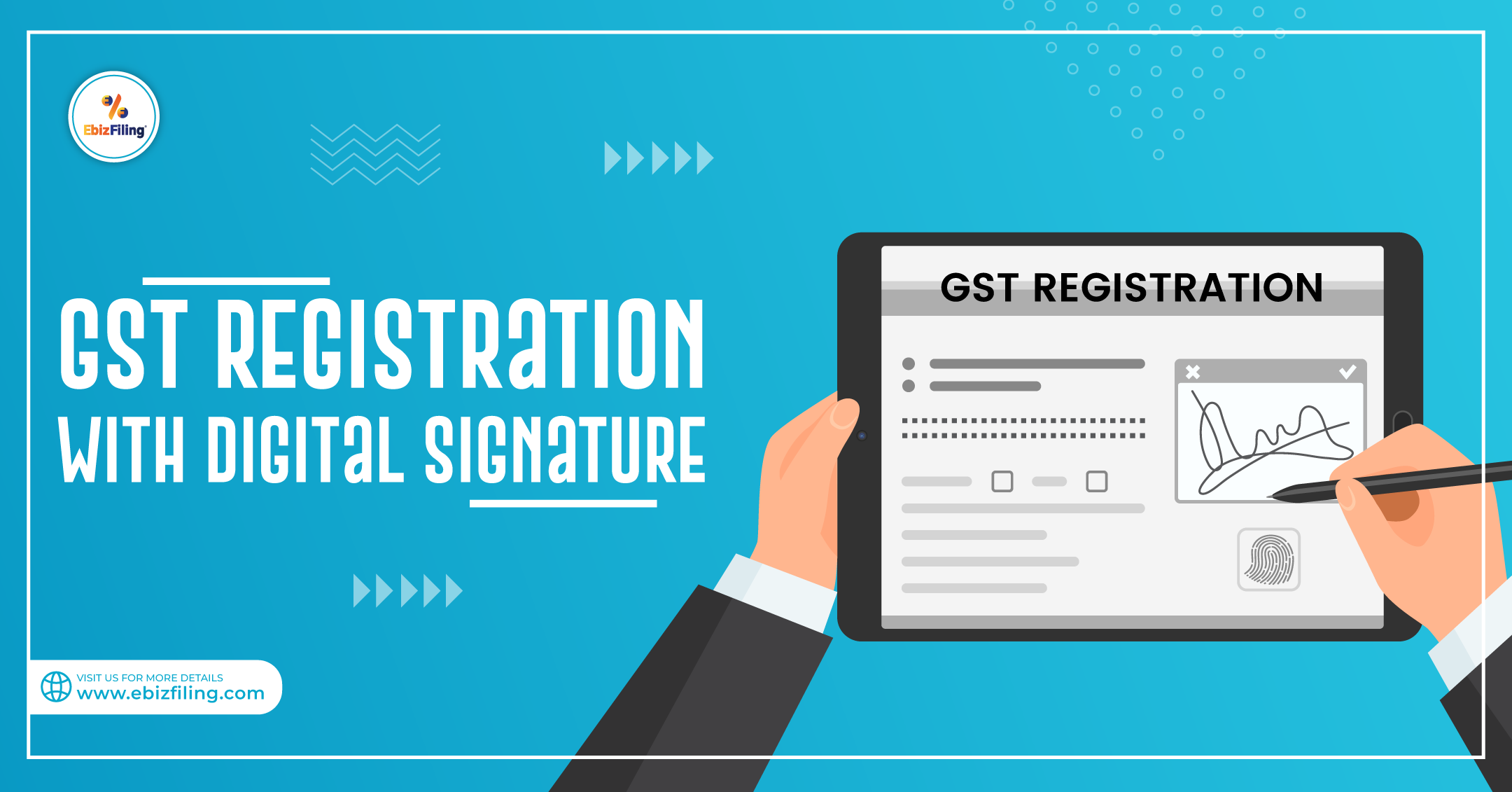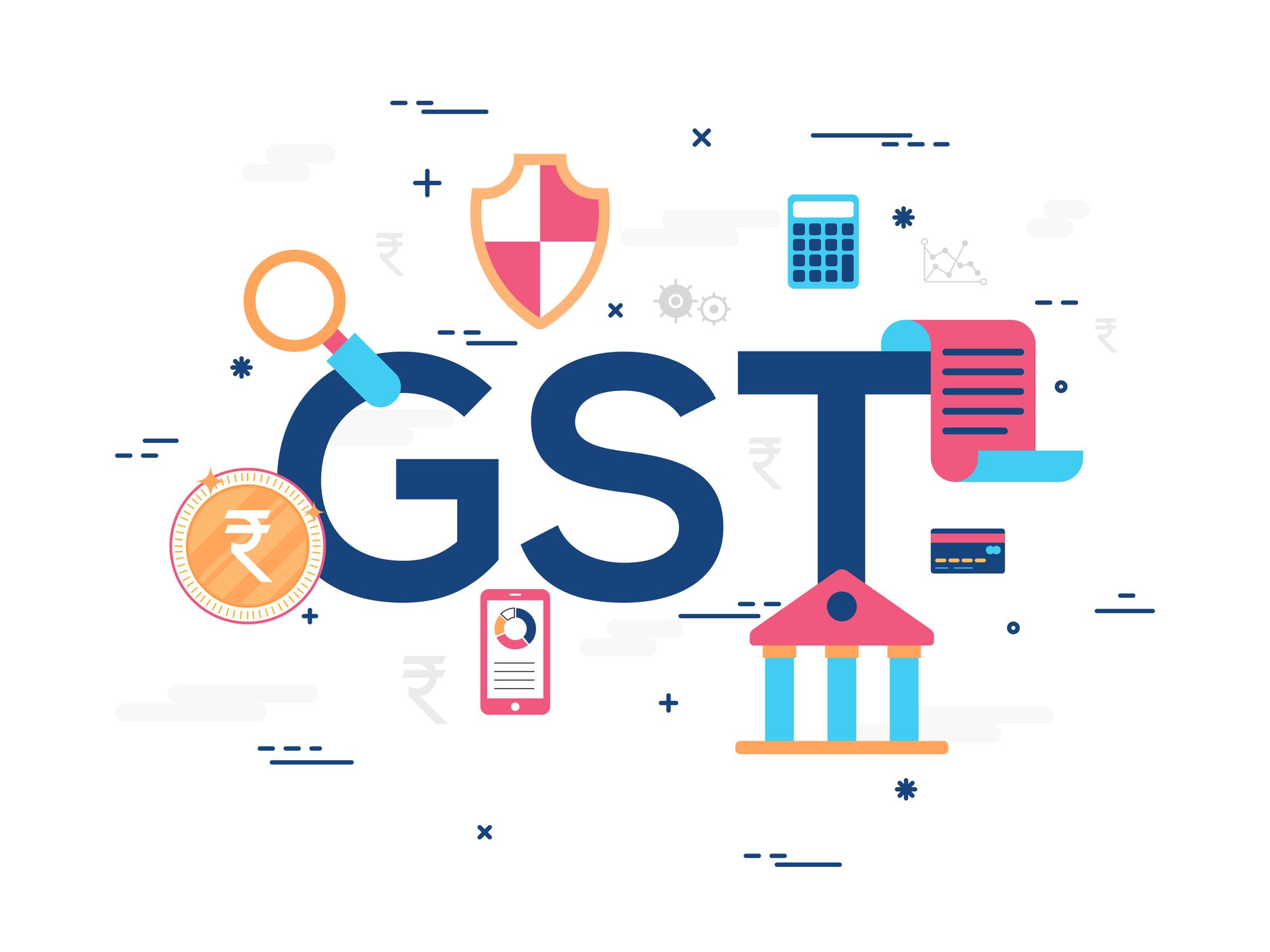Why CFO Account & Services is the Preferred Option for GST Registration in Singapore
Why CFO Account & Services is the Preferred Option for GST Registration in Singapore
Blog Article
Browsing the Intricacies of GST Registration: A Comprehensive Guide for Entrepreneur
Browsing the complexities of GST enrollment can be a daunting job for several entrepreneur, as it involves a myriad of regulations, guidelines, and processes that must be complied with. With the ever-evolving landscape of tax regulations, making certain compliance and understanding the complexities of GST registration is vital for the smooth procedure of any service. From determining eligibility and collecting the required documents to enhancing procedures for maximum effectiveness, this comprehensive overview intends to offer company owner with the expertise and tools needed to browse the complexities of GST registration efficiently.
Eligibility for GST Enrollment
Local business owner have to meet certain standards to determine their eligibility for GST enrollment. In basic, companies with a yearly turn over exceeding a certain threshold are called for to sign up for Goods and Solutions Tax Obligation (GST) This limit differs by nation, but it is necessary for business owners to stay notified regarding the details regulations in their jurisdiction. Furthermore, services associated with interstate products, e-commerce, or the provision of certain specified solutions and items might additionally be mandated to sign up for GST, regardless of their turnover.
Moreover, companies that are registered under any previous tax regime, such as barrel or solution tax obligation, are normally needed to shift to GST registration. Understanding these criteria is essential for company owner to ensure conformity with the legislation and prevent any penalties or legal concerns. It is a good idea for business owners to seek advice from tax specialists or legal advisors to assess their qualification for GST registration accurately. By adhering to the essential standards, companies can smoothly browse the complexities of GST enrollment and run legitimately within the tax obligation framework.
Files Required for Enrollment
To complete the GST enrollment procedure, businesses require to collect and send an extensive set of documents. The key files needed for GST registration normally include evidence of service registration or consolidation such as the Certificate of Unification, collaboration act, or any various other enrollment certificate. Furthermore, organizations should supply identity and address proof of the companions or promoters, which can be in the type of Aadhar card, FRYING PAN ticket, motorist, or card's certificate. Financial records such as bank statements, proof of business like rental arrangement or electricity bill, and licensed signatory details are likewise necessary for the enrollment procedure.
In addition, details records connected to the nature of business, such as a listing of services or items provided, HSN codes for products, and SAC codes for services, might be needed - Why choose CFO Account & Services for GST registration in Singapore. It is vital for companies to guarantee that all documents sent are precise, updated, and in the prescribed layout to prevent any type of delays or difficulties in the GST enrollment process
Process of GST Enrollment
Having actually put together the requisite documentation, organizations proceed to launch the GST registration process by involving with the online site designated for enrollment. This online site is the Goods and Provider Tax Network (GSTN) site, which acts as the main system for all GST-related activities in India. Upon accessing the check out this site site, companies are called for to fill in the GST enrollment form with precise information regarding their company tasks, turnover, and other relevant information.
When the type is completed and submitted on the website, the GSTN confirms the information supplied by the organization. Adhering to effective confirmation, a GST enrollment certification is released to the organization entity.
It is necessary for businesses to ensure that the information provided throughout the GST enrollment procedure is exact and approximately day to prevent any type of potential issues or delays in obtaining the GST enrollment certification.
Comprehending GST Compliance

Businesses require to be knowledgeable about read review the numerous GST conformity demands based on their turnover, nature of goods or solutions, and the states in which they operate. It is essential to stay updated on any kind of adjustments in GST legislations and guidelines to stop any type of non-compliance issues.
Non-compliance with GST regulations can cause large fines, penalties, and also legal consequences. Organizations need to invest time and sources in informing themselves and their personnel on GST conformity. Looking for professional aid from tax experts or experts can also aid in navigating the intricacies of GST compliance and guaranteeing that businesses run within the legal structure.

Tips for Optimizing Company Operations
For boosted effectiveness and performance in company procedures, strategic planning and structured procedures are necessary parts. One suggestion for maximizing business operations is to take advantage of modern technology efficiently.
An additional important aspect is focusing on jobs based upon their importance and due dates. By producing a clear power structure of jobs and setting reasonable timelines, services can make certain that crucial activities are completed promptly. Fostering a culture of open communication and collaboration among team members can lead to increased efficiency and development.

Final Thought
Finally, browsing the intricacies of GST enrollment needs a clear understanding of qualification standards, necessary documents, registration procedures, and compliance requirements. By sticking to these standards and maximizing organization procedures, organization proprietors can make certain smooth procedures and compliance with the GST policies. It is vital for companies to stay educated and upgraded on GST guidelines to prevent any type of penalties or legal concerns.
The vital records needed for GST registration usually include proof of business enrollment or consolidation such as the Certificate of Incorporation, collaboration action, or any type of other enrollment certificate.Having assembled the requisite documents, organizations continue to start the GST registration procedure by engaging with the online portal marked for enrollment. Upon accessing the portal, businesses are called for to fill up out the GST registration type with accurate details concerning their service tasks, turnover, and various other pertinent info.
In order to maintain adherence to GST laws and stay clear of charges, businesses need to prioritize recognizing GST compliance. By sticking to these guidelines and enhancing business procedures, company proprietors can make sure smooth operations and conformity with the GST policies.
Report this page